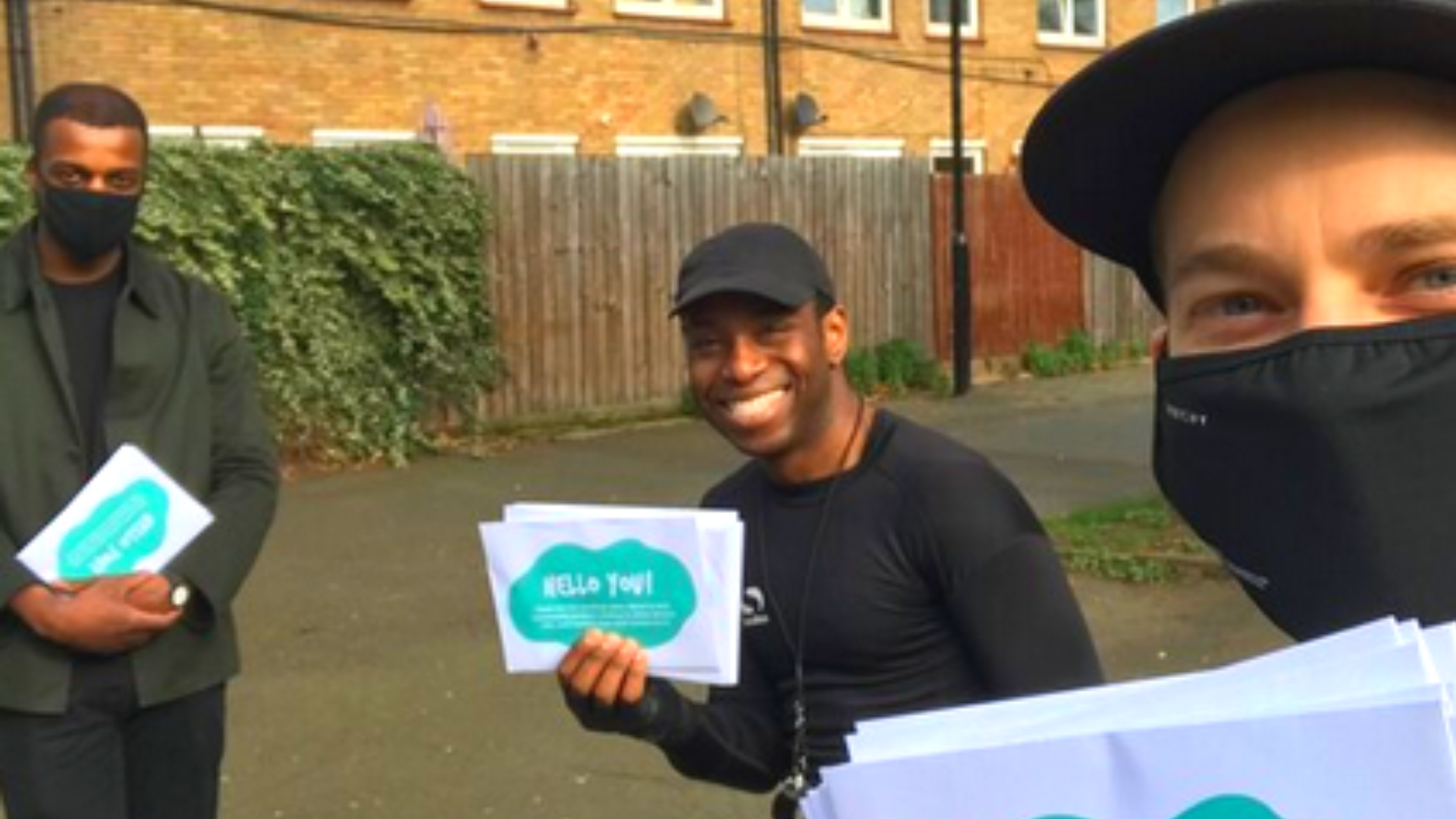Earth Day should also be considered People Day since environmental and social justice go hand in hand. To successfully address the ecological crises, we also need to be tackling inequality, poverty and mental distress.
In particular, the solutions should not further burden working-class people. Yet, as my research shows, environmental policies, services, improvement programmes and transition processes – locally, nationally and internationally – have often forgotten about working-class people and low-income groups, sometimes making their lives more difficult.
Support The Big Issue and our vendors by signing up for a subscription.
These solutions include ‘lifestyle environmentalism’ – encouragement to buy expensive green products and consume organic food; carbon taxes – expecting people to pay more for their use of energy, transport and goods; renewables funded by costs added to consumer energy bills; ‘green jobs’ that are not available to working-class people and recycling schemes that involve burning waste in working-class neighbourhoods.
Environmental policy should not increase income or health inequalities but should make life better for everyone. As we have seen with the gilets jaunes or ‘yellow vest’ protests in France, sparked by a planned rise in ‘green taxes’ on petrol and diesel, struggling people do not respond well to additional pressures. As the protesters argued: we can’t worry about the end of world when we are worrying about the end of the month.
In general, too much focus on individual behaviour can create hostility towards environmentalism while allowing companies and governments to continue to engage in their own proportionately far more harmful practices. The greatest polluters are big corporations and state-funded military operations. Focusing on individual behaviour and sanctions may be counterproductive.









